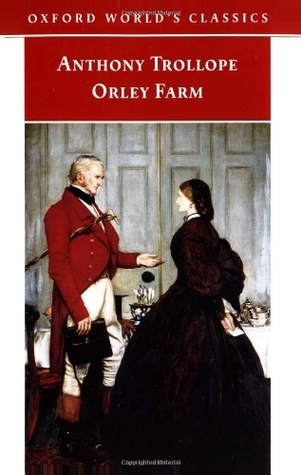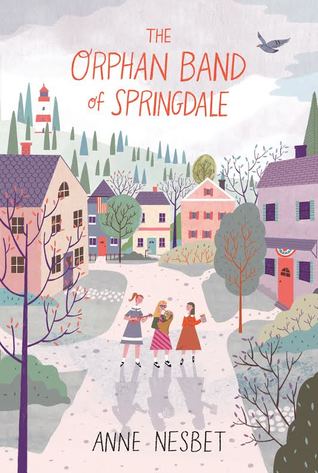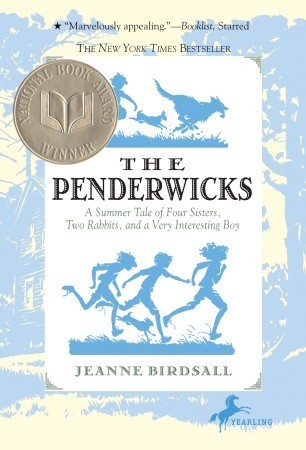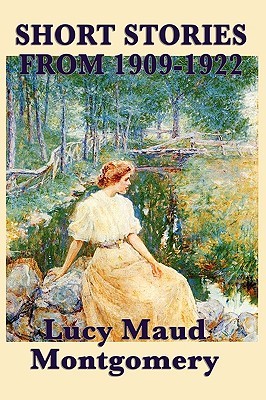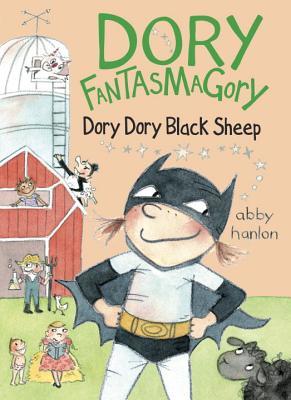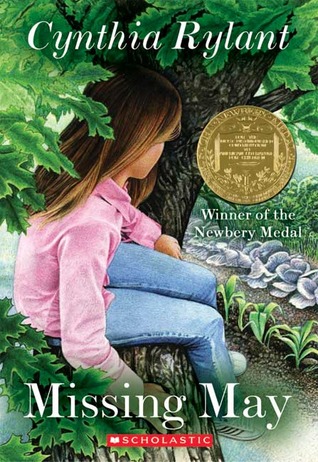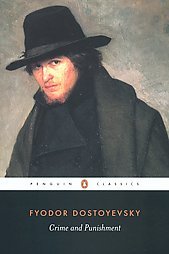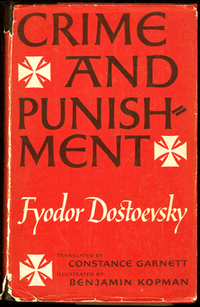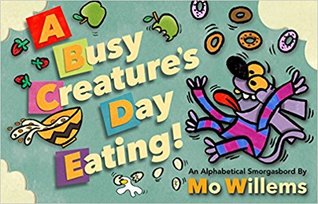Dory Dory Black Sheep (Dory Fantasmagory #3) Abby Hanlon. 2016. 156 pages. [Source: Library]
First sentence: My name is Dory but everyone calls me Rascal. I am six. I have a lot of freckles. My hair is just messy. This is my nightgown that I try to wear as much as I can. But the most important thing about me is that I have two worlds. One is real and one is imaginary.
Premise/plot: Is Dory the black sheep of her family? Perhaps if you accept the lighthearted definition provided for readers at the beginning of the book: "a member of a family or group who does things a little differently." Dory does things differently. Ask her mom...or teacher...or her older brother, Luke, or her older sister, Violet. (Though her siblings' opinions might be biased!)
Dory does indeed live in two worlds: one real and one imaginary. But she doesn't give equal time and attention to both. In fact, 90% of the time she's in her own world and completely out-of-touch with reality. To use the world miracle lightly and perhaps inappropriately, it's a miracle if Dory stays on task and answers questions when asked.
Because Dory rarely--if ever--stays on task she's having difficulty learning to read. Her reading instruction time at school seems to be completely independent and without much guidance or instruction. Essentially the teacher saying: hey kid, read this book. Dory is paired with a partner, but the partner hasn't any more clue of how to read than Dory does. The teacher doesn't seem concerned with teaching them how to read--the skills and techniques they need to know to progress. Perhaps she just hasn't gotten around to working with their group yet.
Dory doesn't like being in the lowest reading group and being given a basket of "baby books" to read. But when she opens up the book and begins reading the illustrations, well, she supplies a story of her own imagination. A story peopled with her own imaginary friends and characters, and the black sheep of the farm story, well he leaps out of the book and becomes part of Dory's day-in, day-out imagination. Can she get the black sheep back in the book? Does she want to?
Her friends soon get swept up, up, and away with this new story. Even her friend who is able to read LONG chapter books all on her own. Dory's story is more exciting perhaps.
This is Dory's third adventure. (I reviewed
the first chapter book in the series in 2015. And here's
my review of the second book in the series.)
My thoughts: One thing is delightful for sure: the illustrations. I LOVE, LOVE, LOVE the illustrations.
I wanted to love, love, love this one. I didn't quite. Perhaps because I had a hard time NOT taking it seriously. Instead of getting swept up, up, and away by Dory's overactive imagination and delighting in her creative, free spirit, I kept thinking that her mom and her teacher weren't really giving Dory the attention she needed.
Learning to read is important, significant, life-changing. It isn't a cookie cutter process. And every child has his or her own timeframe for learning to read or becoming a fluent reader. There isn't one perfectly-perfect right way to teach reading. But I do think it is something that requires instruction. You just can't leave a child with a basket of books and hope for the best.
We pretend we are reading until she leaves. "If I was the farmer, I
would just eat all the animals," whispers George. "If I was the farmer, I
would move to the city and get an apartment with an elevator, I say.
"If I was the farmer, I would run around naked and put mud all over my
body and then stick things to it," says George. "But you would do that
anyway," I say. "Yeah..." he says.
"This little black sheep is kind of cute." I show George the picture.
"And he's looking at you," George says. "What do you mean?" I say, and
hold the book up closer. "I think his name is Goblin," I say. "Does it
say that?" George asks. "I don't know," I say. "I can't read." "Raise
your hand if you hate reading!" says George. And we both raise our hands
high in the air.
Parenting Dory would be DIFFICULT to say the least. I don't envy her mom the task. But I get the idea that reading aloud to Dory wasn't ever a high priority to her. Perhaps Dory protested every time she tried. Perhaps the struggle wasn't worth it. Perhaps she was busy helping the older children with their homework. Perhaps Dory was so amazing at entertaining herself that she didn't want to interrupt her play, her free time. Perhaps she thinks teaching reading is the teacher's responsibility alone.
But Dory's homework of reading for a certain amount each day is completely independent. Her mom doesn't sit down with her, doesn't listen to her daughter read aloud, doesn't ask her questions about her reading, doesn't witness if her daughter is reading or not. So essentially there are no adults in her life that know Dory is struggling with reading. Dory seems to be all on her own, expected to make progress without any help, encouragement, or instruction.
Does Dory want to learn to read? Yes. Does she stay on task when left on her own to practice? Not really.
The book is cheerful. Dory, for the most part, is happy, happy, happy nearly all the time. She has her real friends and her imaginary friends to keep her company 24/7. Her imagination is over-the-top delightful. And I think Dory is content to make up her own stories instead of reading stories from a book. Her stories seem to be packed more with adventure and excitement.
Dory is a fictional character. I need to keep this in mind. Dory's over-the-top IMAGINATION has the potential to enchant young readers, to make them really excited about reading. Engaging real readers--real children--is more important than a technical behind-the-scenes guide for adults in how to teach children how to read.
The writing is fun.
Quotes:
But before I get dressed, I have to wake up Mary. Lately, I've had to wake her up with a pan in my hand so she knows I really mean it. She's gotten super lazy now that she stays home when I'm at school.
Rosabelle has a big thick chapter book in her lap. She looks up and sees me running toward her. We take turns picking each other up. It's like hugging, but more dangerous.
© 2018 Becky Laney of
Becky's Book Reviews


